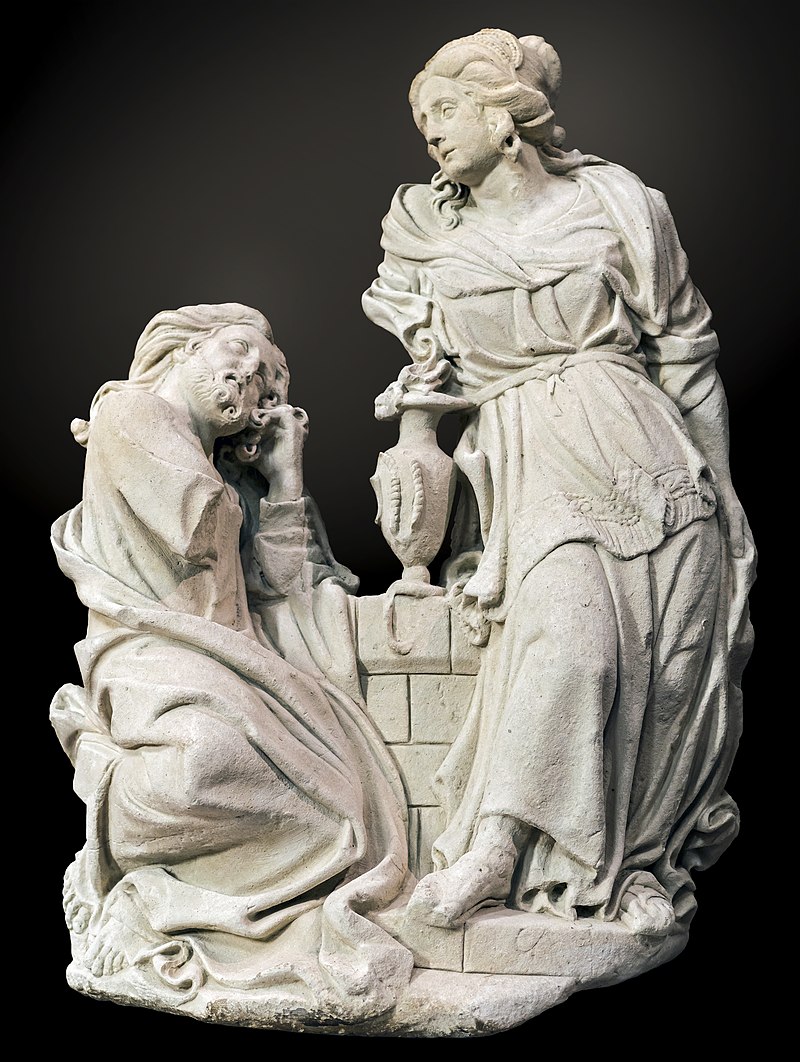“Come, see a man who told me all that I ever did. Can this be the Christ?”
—John 4:29 (ESV)
One of the stories Christians tell is about when Jesus talked with a Samaritan woman. If you’ve heard a sermon or teaching about this story, you know it was unusual in those days for a Jewish rabbi to spend time alone with a woman, especially a Samaritan. You might have heard about signs in the text that she was a prostitute. Jesus had every reason to avoid this woman.
In The Art of Biblical Narrative, Robert Alter identified several type scenes found in Genesis. These represent standard moments in a story that an audience would immediately recognize. A modern type scene is the stranger walking into a bar in a Western. We know the story beats:
- The regulars look on with suspicion.
- The stranger acts confidently. (Sometimes it is an act and sometimes the stranger is actually confident.)
- A confrontation between the stranger and one of the regulars ensues.
- The stranger finds a way to overcome the regular in order to win the confrontation.
There are a dozen little details that might come to play and the story teller has some discretion about which tropes to use or alter. But we know the basic outline of the scene right from the moment the stranger darkens the door.
In the Hebrew scriptures, an encounter between a man and a woman at a well is invariably a story that ends in a betrothal:
- Isaac and Rebekah
- Jacob and Rachel
- Moses and Zipporah
And so this encounter between Jesus and a Samaritan woman encapsulates all the features of a betrothal encounter. Which is odd because the women was hardly a virgin, whether her five marriages are metaphorical or actual. Paul says that the relationship between Christ and the church can be described as a marriage relationship. The end of the story isn’t Jesus betrothed to the woman, but the people of her village coming to believe that Jesus is the Christ because of her.
The conversation between the woman and Jesus was all about truth, but at no point did Jesus condemn the woman for not knowing or telling the truth. This isn’t like his conversations with religious leaders. He doesn’t accept her falseness, but only her true person. And that gave her the freedom to tell her neighbors about this strange man who “told me all that I ever did”.
I pride myself on knowing and telling the truth. And yet, I’m frequently false. God sees that. He never allows me to be comfortable in my lies (if I listen to Him), but he does accept me as the person He sees more clearly than I ever will. I am both free to be my true self and bound to Jesus at the very same moment. My false self must wither away so that I can be with him, but I’m already accepted for reasons mysterious.
